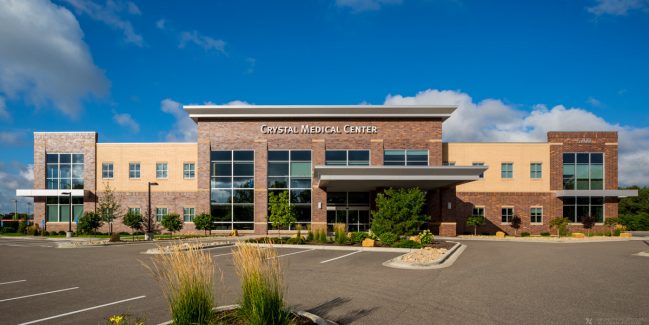Rent is usually a substantial cost for a business. This is why it is so important that, before you sign a commercial real estate lease, you get your budget in order. Indeed, commercial real estate experts always talk about the importance of proper planning and preparation.
Taking a little time to plan for your company’s needs when leasing can help you avoid a lot of common mistakes. Talking early with a good lawyer and your banker can help you avoid problems, such as hidden costs or tight cash flow, that often crop up.
In terms of budget, in particular, you must consider all the costs involved. It has to do with far more than the monthly amount you pay for your rent. Forgetting to properly budget, which many lessees still do, can be very harmful and will affect the profitability of your business. Experts have developed a number of key tips to make sure that you can budget properly for your next lease, looking specifically at the various hidden costs.
Hidden Costs
First of all, you have to consider all the different expenses that can come with a commercial lease. Do not forget any of them, and never underestimate their potential impact. Some of the hidden costs include:
1. Incidentals
Incidentals are some of the hardest costs to estimate because you simply don’t know if and when they will occur, and how much they will cost.
Incidental expenses are expenses including fees and tips for porters, baggage handlers and other personal service employees. These expenses are part of the “meals and incidental expenses reimbursement” rates provided by the IRS. Unreimbursed incidental expenses are deductible according to a schedule prescribed by the IRS.
Incidentals can include costs following injuries or accidents, and also things like property tax, utilities, maintenance, insurance, common area expenses, repairs, building maintenance, and so on. Some of those costs are easy to calculate, but others have to be estimates.
You need to work out which incidentals you definitely have to pay, such as insurance and common area maintenance, and understand that this is part of your monthly cost. Looking only at the base rent will leave you with far less disposable income than you expected. Do your homework, therefore, so that you know exactly what you are paying for. Do also understand that there are big differences between incidental expenses in industrial properties and multifamily properties, for instance.
2. Increases
You also have to make sure that you are aware of any lease and incidental increases over the period of your lease. It is very common for landlords to offer discounted rates for the first year, or even two, after which it increases quite significantly. Every year thereafter, there will be some other increases as well. If you are signing a long term lease, you must know exactly what you will have to pay in the final year as well. Check out the escalation costs in your contract.
This is what increases the base rent and unless your lease is short-term, it probably includes one. Escalation clauses are both valid and very common and are used by landlords to pay for increases in the costs of the building. But while they may be valid and common they are also one of the biggest possible money traps for a tenant.
Besides the escalation costs, you also have to think about how the previous tenant used the property, and whether that will be wholly different from how you used it. For instance, you may find that your heating costs are higher than that of the previous tenant because they used less space.
3. Moving
Next, you have to consider what the cost of moving into the property will be. This isn’t just about the physical move of your furniture, but also other costs. For instance, you may have to get the internet and telephones hooked up. You will have to market you new business address and you may have to invest in new signage. The one good thing about all of this is that it is a one time only cost.
4. Renovations
Next, there is the fact that it is likely that you will have to complete some renovations on the property. You may, if you have a good team behind you, be able to negotiate the cost of renovations into your lease, asking the landlord to pay for them. However, you cannot presume that you will be successful in this.
5. Downtime
Downtime is another thing that many businesses don’t factor in, but it is potentially a huge cost.
It is easy to overlook the fact that moving a business also involves a transition period where operations will not be smooth. Aside from the time and energy that it takes to pack and unpack the essentials that are not delegated to a moving company, there also could be missed opportunities and added costs from not being able to find what you need when you need it.
6. Repairs
The cost of repairs on a new property will be paid for by your landlord. However, if you are relocating from somewhere else, you may have some repair costs in your old property. You must factor this in as well. Furthermore, as you remain in the property, you may end up with some other repairs. Whether those are your responsibility or not depends on your lease contract.
7. Lawyer and Other Professional Fees
Last but not least, you have to consider the costs of your team. A commercial real estate deal involves a lot of professionals, including an accountant, a lawyer, and a broker. Each of those will require some sort of payment, and you must factor that in to your costs as well. These are one time only costs, although they may recur as and when you or your landlord want to make changes to your agreement.
While this list of hidden costs may look staggering, being aware of them means that you will have a far greater ability to budget properly and be realistic about your potential profitability.


